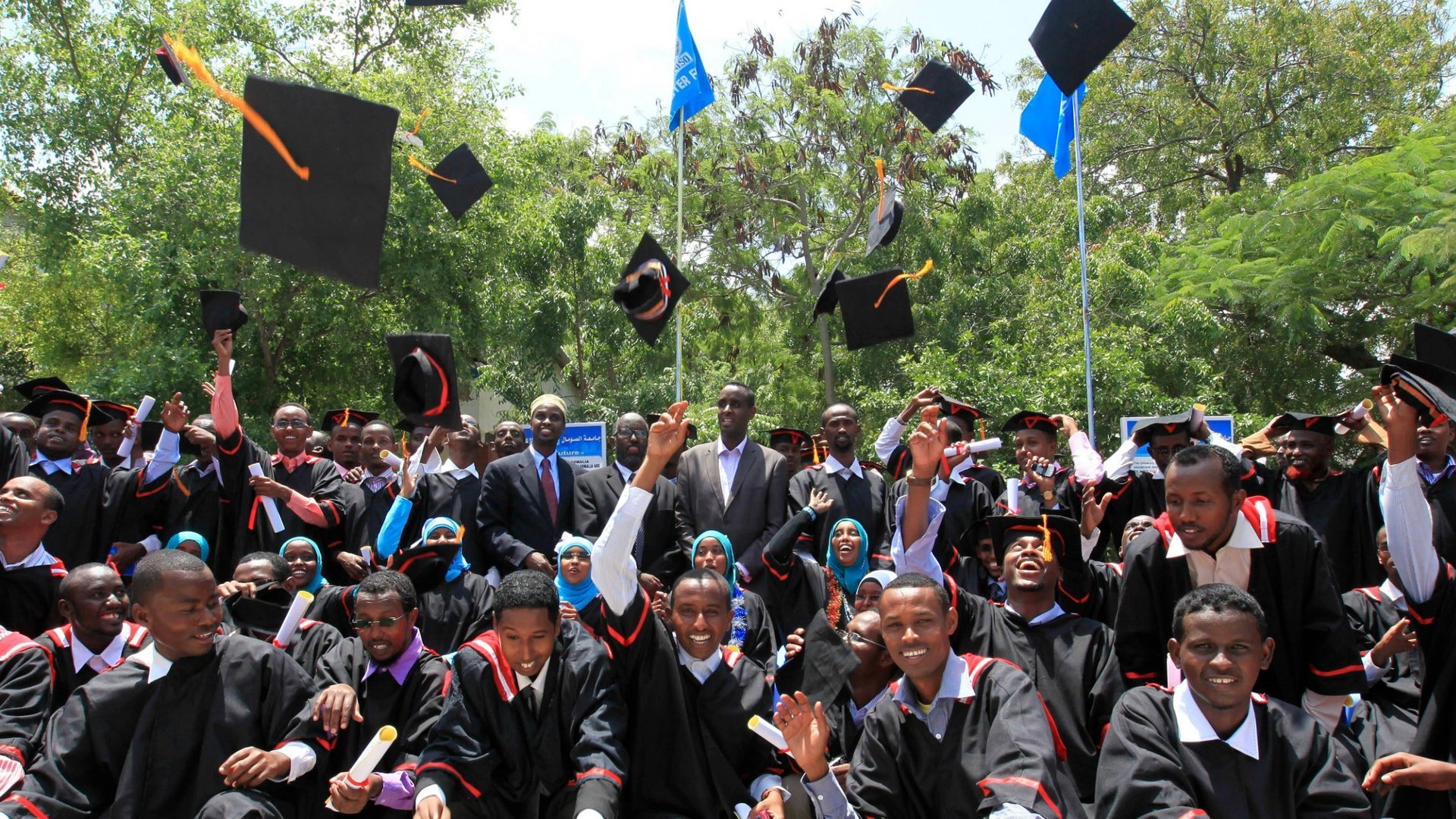The $45-million idea to keep half of Africa’s doctors from leaving
To address Africa’s brain drain—which costs the continent $2 billion dollars, along with half its doctors, (pdf)—the African Development Bank (AfDB) is setting up a university geared toward science, technology and innovation.


To address Africa’s brain drain—which costs the continent $2 billion dollars, along with half its doctors, (pdf)—the African Development Bank (AfDB) is setting up a university geared toward science, technology and innovation.
Last week, AfDB approved a $45 million grant to establish the Pan African University (PAU), with five institutions in East, West, Central, North and Southern Africa.
It’s a step in the right direction, but this journey will be mostly uphill.
Of the top 400 universities in the world, only four are located in Africa, according to the Times Higher Education World University Rankings. And none of them even cracked the top 100. AfDB is stepping into some pretty tough territory.
Gone are the heydays of higher education in Africa with institutions like the University of Dar es Salaam in Tanzania attracting foreign students and students from other African countries who went on to become presidents, vice-presidents and high-ranking government officials.
PAU is joining a university landscape that is increasingly being known for things like professor strikes and overcrowded dorms and lecture halls. Of course, there are many colleges all over Africa cranking out graduates who are more than competent to thrive in the global economy, and the PAU could be one of them. But its success, at least in the short run, won’t make up for all the shortcomings of universities in Africa.
The problem is that many public universities, established under colonial rule, haven’t changed much since those times. They are not offering courses that reflect the current job market and as a result, thousands of graduates enter the job market without transferable skills required for the job market.
This is where PAU could make a difference. By focusing on science, technology, and innovation, prospective university students in Africa will have more options for schools where they can be trained for a digital world, rather than learning things that were relevant when their grandparents were in their twenties.
This should also improve Africa’s global position in research and development. Africa produces only 1.1% of world scientific knowledge and has only 35 scientists and engineers per 1 million people, compared with 168 for Brazil, 2,457 for Europe and 4,103 for the United States. With the PAU’s continent-wide dedication to science and technology, it must resolve to see these figures improve.
The true success of the AfDB’s project will lie in the ability of African economies and job markets to cater to the science-focused crop the university hopes to cultivate. But you have to start somewhere, and this is a good first step.